
Cancelled event confirms new Apple tablet
As anyone with a heartbeat knows, Apple has a product event coming on Tuesday the 23rd in San Jose at which we’ll certainly see the iPad mini, perhaps a new MacBook Pro and maybe some new iMacs. But whatever is being introduced I think it’s fair to say that the event is still in flux, because Apple late Wednesday canceled another corporate event in Arizona scheduled for the same time, this one at The Phoenician resort.
Apple booked the entire hotel (600+ rooms) for Sunday through Wednesday. Their setup people were on site Tuesday. Late Wednesday, as setup was nearing completion, Apple told the resort that they “wanted all of their managers to be on site in their stores next Tuesday for the upcoming tablet release” -- that they were canceling the function.
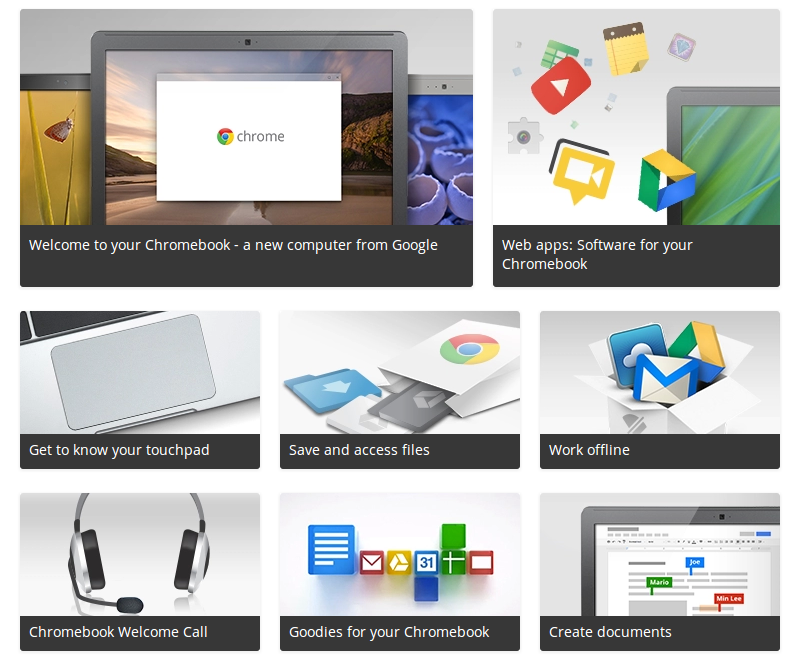
Will you buy $249 Google Chromebook?
Yesterday, Google suddenly unveiled, in cooperation with Samsung, the first ARM-powered Chromebook and for remarkably affordable price -- $249. There also is a $329.99 model, that includes 3G. Both are available for pre-order now from major retailers, and Google Play will join stores selling the WiFi-only model next week.
The question: Will you buy? It's the right time to ask, because the price is so appealing. From my initial testing, about 24 hours now, it's hard not to recommend this new Chromebook, if for no other reason than price. But as I'll further explain in my forthcoming first-impressions review, there are plenty of trade-offs for the price -- and benefits, too.

Google Apps vs Office 365: Which does cloud email better? [review]
Office 365 happens to be a product I think has a lot of potential. To be fair, it's Microsoft's second try at dedicated cloud-based email. Redmond first went toe to toe with Google Apps back in the days of BPOS (Business Productivity Online Suite), but they're distant cousins at best. With a few years' separation, Office 365 is Microsoft's answer to the growing threat Google Apps poses to Exchange.
The way I see it, Microsoft's torn internally. They are clearly still developing a wide range of Server and Exchange revisions on the usual upgrade cycle, but then signal a clear concession to the cloud by killing off Windows Small Business Server. While mixed intentions obviously represent the reality that they are innately a traditional software company, they realize that business is moving to the cloud whether they hold the leash or not.
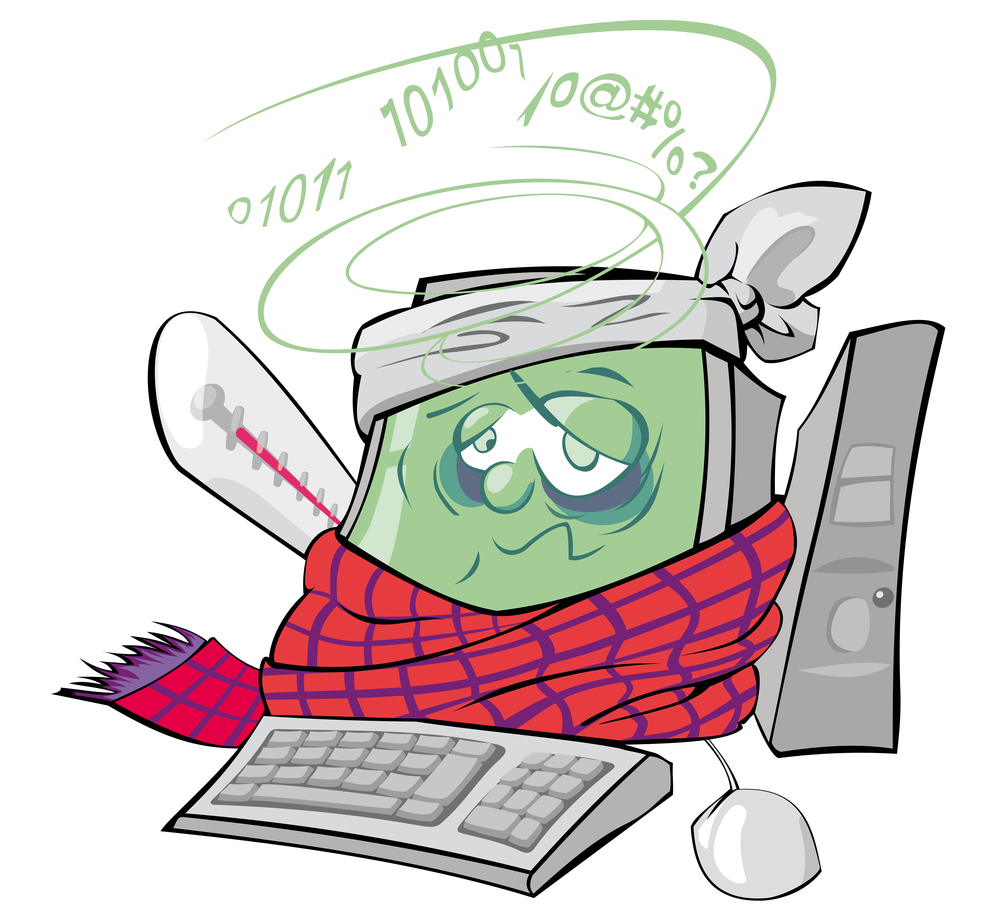
VirtualBox 4.2.2 maintenance release squashes bugs
Oracle has released its first minor update for the 4.2 branch of its open-source, cross-platform virtualization tool. VirtualBox 4.2.2 is primarily a maintenance release, with a large number of notable bug fixes and few feature additions.
Notable items in the update include an adaptation of changes introduced in Mac OS X 10.8.2 which led to virtual machines failing to boot. Other changes include a restoration of selected tool-tip functionality and a implementation fix for the Windows WDDM video driver.
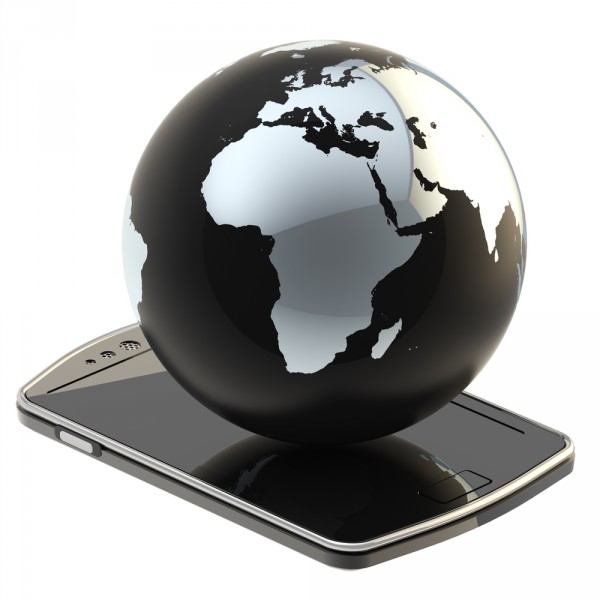
Just 45 percent of the world's population subscribes to mobile services, and that's not much
According to the results of a worldwide, multi-year study conducted by industry body GSMA, the total number of global mobile connections will reach 6.8 billion by Q4 2012.
However, the number of actual unique mobile subscribers is much less. By stripping out machine-to-machine (M2M) communications and inactive SIM cards, and factoring in that consumers apparently use an average of 1.85 SIM cards each, GSMA was able to arrive at a figure of 3.2 billion mobile subscribers, or around 45.7 percent of the world’s population.
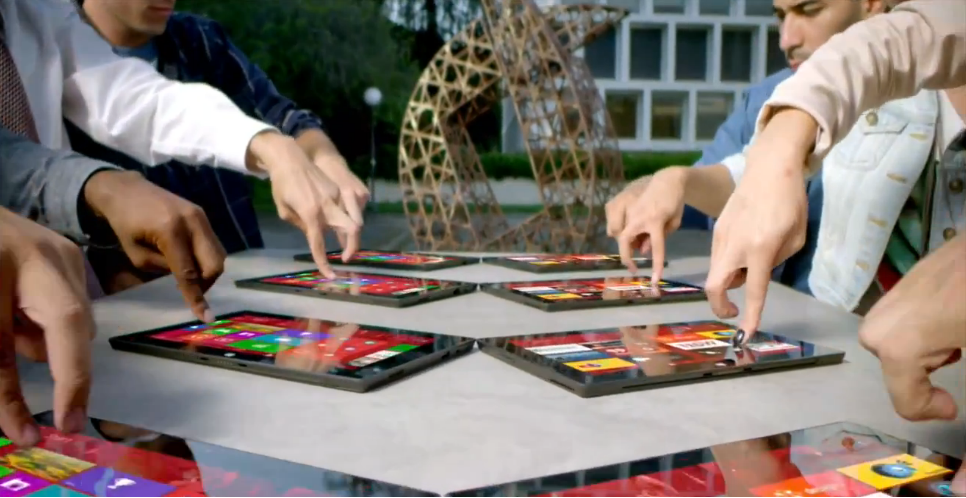
Who will buy Microsoft Surface RT? Could be you
Poll results to question "Will you buy Surface RT?" are in, and the numbers are surprising. Among the 1,530 respondents so far, 43.46 percent won't buy the tablet. That's actually a considerably lower number than I expected for a new device running a new operating system from an old technology company. Just shy of 24 percent of you already pre-ordered -- and good thing. Microsoft apparently already sold out the entry-level, $499 model, which delivery date is now "within 3 weeks". The other two tablets still deliver by October 26, launch day.
Another 18.1 percent of respondents plan to buy within three months, which works out to 41.84 percent between now and the end of January. If Surface really does that well, Microsoft will have helluva hit. If. What people say they will do isn't often what they do. Buying polls reflect intentions, which can change for all kinds of reasons. Little things, like early reviews, social media buzz or cash to spend.

Microsoft debuts Office 365 for students, $79 for 4 years of college
Microsoft is taking its subscription-based productivity suite Office 365 into the realm of higher education in the first quarter of 2013 with a new package called Office 365 University.
At just $1.67 per month, college students can get Office 365 for their entire four years of undergrad for just about $80. The subscription includes the usual Office Home and Student Gang: Word, Excel, PowerPoint, and OneNote, plus Outlook, Access, and Publisher which aren't available in the $119.99 desktop version (but are only available to Windows PC users.)
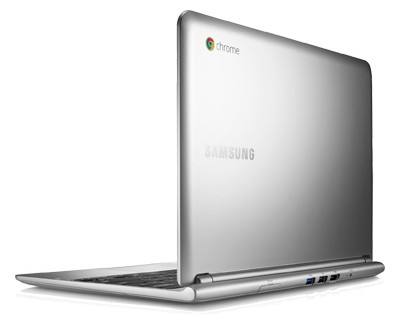
Samsung Chromebook 3G is available for $329.99
Bad news for some people who pre-ordered the new Samsung Chromebook yesterday. Shortly after the announcement, the South Korean manufacturer introduced a 3G model.
Chromebook 3G comes with an 11.6-inch display sporting a 1366 by 768 resolution, 1.7GHz Samsung Exynos 5 dual-core processor based on the Cortex A15 architecture, 2GB RAM, 16GB SSD for storage, runs Chrome OS and, on top of the Wi-Fi model from yesterday has a Verizon Wireless 3G WWAN with up to 100MB of free cellular data per month for a period of two years. The price for getting a Samsung Chrombook with cellular connectivity is $329.99. Worth it?

Google Play introduces carrier billing for Verizon Wireless customers
Last May, Google expanded the carrier billing option in Google Play to include all media content (apps, books, music, movies, TV shows, periodicals) for fifteen different wireless carriers worldwide. In the United States, this included AT&T, Sprint, and T-Mobile.
Now, it looks like Verizon Wireless is joining in on the act.
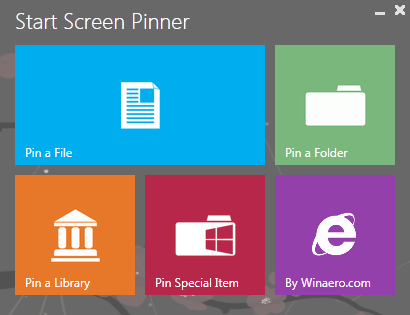
Start Screen Pinner does for Windows 8 what the name implies
The release of Windows day is mere days away and the release rate for tools geared up for the latest version of Microsoft’s operating system is accelerating. One of the most controversial aspects of Windows 8 is the new Start Screen, and this is a feature that many tweaking tools concentrate on. This is certainly the case with Start Screen Pinner which, as the name suggests, makes it easy to pin almost anything to the Start Screen.
Start Menu tweakers are tools that crop up fairly frequently, and there are plenty of utilities that have been designed to make the Start Screen of Windows 8 easier to use by reinstating the Start button. Start Screen Planner is slightly different in that it provides you with a way of adding new shortcuts to the Start Screen rather than changing the way it work or the way in which you access it.

Google adds 25 million new building footprints to Maps
When I opened Apple Maps in iOS 6 for the first time, I was struck by how basic the actual maps are. Zooming in shows the roads, and road names, but it’s all very simple. By contrast, when you zoom into Google Maps you often get to see the buildings on either side of the roads, which can help to get orientated and locate important landmarks.
Google today boosted this subtle but incredibly handy navigation feature by adding a further 25 million new algorithmically-created building footprints to the desktop and mobile versions of Maps.
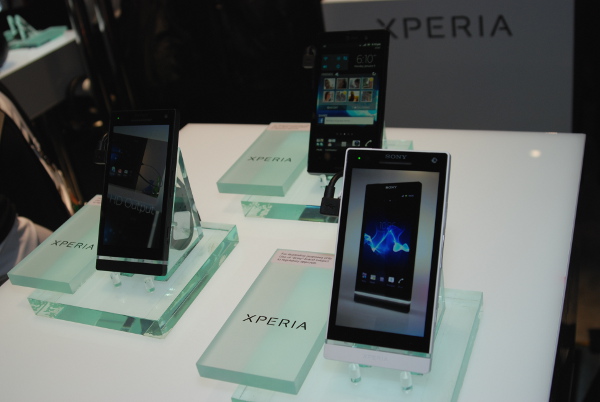
Sony announces Android 4.1 Jelly Bean update for 2012 Xperia smartphones
What happens if you're interested in getting one of the latest Sony smartphones, but you want Android 4.1 Jelly Bean instead of the slightly older Ice Cream Sandwich build? According to Sony, you'll have to wait until the first quarter of 2013 (that's right) to run the operating system that Google announced back in June on devices such as the Sony Xperia T.
The Sony Xperia T and TX are shipping today in a number of "global markets," with the little brother, the Xperia V, on its way as well. For its newly released smartphones, the Japanese consumer electronics maker will release the Android 4.1 Jelly Bean upgrade in the middle of the first quarter of 2013. Sony confirmed that the global version of the Xperia Go, Xperia Ion, Xperia J, Xperia P, Xperia S and Xperia Acro S will also receive the upgrade, but did not yet announce when, only "in due course," which might be less than reassuring to owners.

Microsoft Q1 2013 by the numbers: $16.1B revenue, 53 cents EPS
Eight days before Windows 8's big launch, Microsoft served up expected, dismal news about its successor, in the wake of disastrous third-quarter PC shipments. They sapped Windows division revenue and profit, keeping to a recent trend. There was never a question of negative impact, merely how bad -- as Wall Street analysts expected overall company revenues to decline. The question everyone should ask: Can Q4 be any better than this?
For fiscal first quarter 2013, ended September 30, Microsoft revenue fell 8 percent to $16.1 billion, year over year. Operating income: $5.31 billion, down 26 percent. Net income: $4.47 billion. Earning per share fell 22 percent to 53 cents. The results are impacted by a $1.36 billion, or 13 cents-a-share, deferral related to Windows 8 and Office 2013 launches.
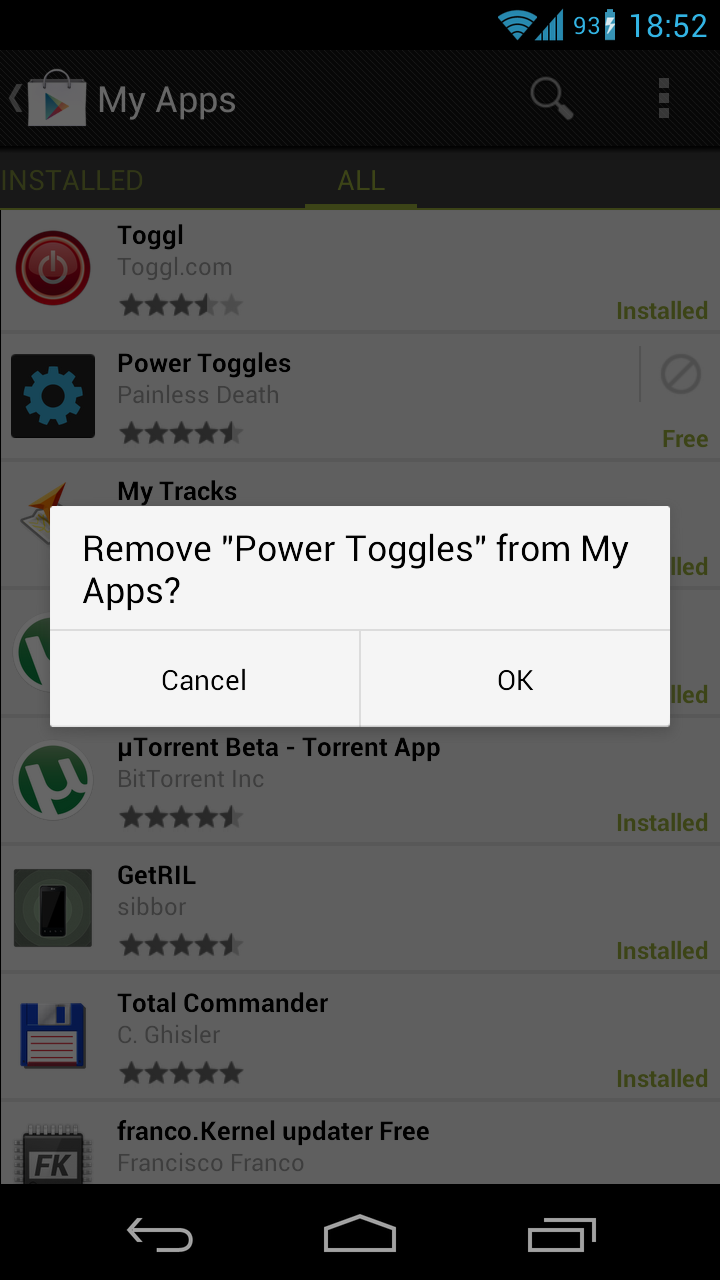
Google Play update lets you remove apps
Today Google started to deploy an updated version of its Google Play Store app for Android smartphones and tablets, bringing along an interesting new feature -- the ability to remove apps from "My Apps".
Before Google Play Store build version 3.9.16, Android users did not have the options to remove unused apps from their account, which was especially bothersome when dealing with hundreds of them that keep piling up (and resyncing to devices). Also newly introduced is the ability to add apps to "My Wishlist", a feature aimed at users that want to keep track of new apps, but wish to postpone installing or purchasing them.

Google Q3 profits slip, shares take sudden shock before earnings call
Two hours before its scheduled quarterly meeting with investors, search giant Google preemptively released its third-quarter 2012 earnings results on Thursday, showing a 20 percent decline in profit for the quarter and falling short of Wall Street expectations.
The company's shares dropped approximately 10 percent following the accidental release of the statement, but trading was halted shortly thereafter.



